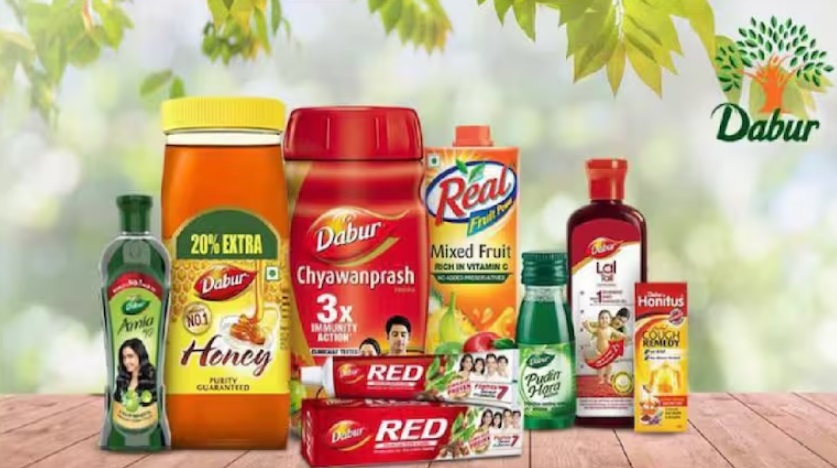Weak monsoon worries CEOs of FMCG like Britannia, Dabur; rural growth takes a hit
NEW DELHI: Top officials from consumer goods companies have raised a red flag on rural consumption for the next two-three quarters after a second consecutive year of a deficit rainfall and lack of stimulus stressed their incomes and adversely affected sales across product categories. Sales growth of household items, ranging from toothpastes and detergents to biscuits and beverages slowed to about 5-6 per cent from about 11-12 per cent last year, said two CEOs of companies with large rural footprints.
“At a macro level, rural consumption is about one-third of what it was 12-15 months back,” said Varun Berry, managing director of biscuit maker Britannia. “It will take at least two-three quarters for growth momentum to pick up.”
Britannia, which makes Tiger and Good Day biscuits, is stepping up distribution in traditionally weak markets in a bid to boost sales. Volume growth in staples for the second quarter reflects the impact of the pressure on rural demand as a result of the weak monsoon and the spike in the prices of pulses, Edelweiss Securities’ associate director and research analyst Abneesh Roy wrote in a report released on November 19. “Rural growth has witnessed deceleration and has now reached similar levels as urban. Discretionary spends remain under pressure despite interest rate cut and lower inflation,” he said in the report.
The September quarter was weak for consumer goods bellwether Hindustan Unilever Ltd, which was affected by falling demand in rural areas, where the deficit rainfall hurt incomes. The maker of Lux soap and Wheel detergent reported a 2.62 per cent drop in net profit to Rs 962.24 crore in the July-September quarter.
Dabur, the maker of Vatika hair oil and Fem face care products, attributed slowing growth in the hinterland to multiple factors. “There’s been contraction in net disposable incomes of rural households especially in drought-affected areas,” said chief executive officer Sunil Duggal. “There’s been lack of stimulus including two consecutive poor monsoons, the NREGA scheme which hasn’t been expanded and lower-than-normal increase in minimum support price.”
support price is the amount paid to farmers for their agricultural produce.
Retailers including the Future Group, which runs the Aadhaar chain of stores in a joint venture with Godrej Agrovet in rural and semi-urban India, said improving sales will need sustained push.
“Distribution efforts to tap untapped markets and add new consumers coupled with proactive consumer interventions and brand pack channel strategy for urban and rural separately will have to be worked out by FMCG companies to spur sales,” said Devendra Chawla, group president, food and FMCG, at Future Group.
Beverages reported low, single-digit growth. For the September quarter, Coca-Cola reported a 4 per cent volume growth, which it attributed to lower farm income impacting consumption. Though most companies are stepping up new product development and brand building, they said an additional push is needed to sustain demand.
“The steps we are taking are urban-focused and we’re investing on brands. But to keep the threshold of demand intact, external stimuli are needed,” Duggal said. GSK Consumer, maker of Horlicks milk drink and Sensodyne toothpaste, is among the companies maintaining double-digit marketing and promotional spends, which is close to 17 per cent of topline. “We are continuing to invest behind rural programmes, making sure that distribution keeps growing. Largely, our interest is on how rural consumption grows. We are seeing a bit of a slowdown in rural consumption because of the monsoon,” GSK Consumer MD Manoj Kumar said.
Read full article: Economic Times



